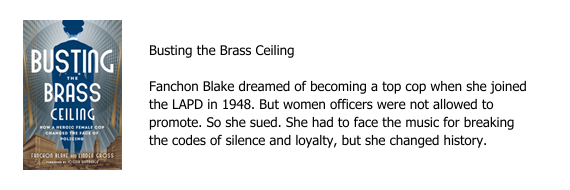Like every writer, you want to self-publish like a pro. But do you know how? As much as you might feel you don’t need to, being able to self-publish like a pro often boils down to revising your manuscript and then having it professional edited. And that requires equal amounts of humility and receptivity.
I still remember handing my dad the manuscript I had just finished, which would become the first book ever published about the stalking of ordinary people. His extensive background as an award-winning journalist for LOOK magazine and bestselling author made him the perfect reader.
To be honest, all I wanted from him was praise for a job well done. It was, after all, my first book. And I thought I had aced it.
“Honey, we need to talk,” he said.
That didn’t exactly sound like what I was looking for.
“You haven’t made your points in the book.”
“I have too,” I countered defensively, proceeding to point out every single anecdote that illustrated the nature of stalking or the shortcomings of the law enforcement and legal systems when it comes to handling stalking cases.
“You have written the stories, but you haven’t gone out on a limb and made your case.”
He was, of course, right. And his feedback helped me write a book I could be proud of. But it took me a while to come to terms with what he had said.
The fact is that it’s hard to see what’s wrong when enmeshed in a project that’s as long and as intense as writing a book.
Years later, after I’d ghostwritten my own national bestseller, an editor pointed out my overuse (I’m being kind to myself here) of the past conditional, a verb tense defined by the word would. When I looked at my manuscript with that on my radar, I was mortified.
We don’t know what we don’t know ’til we know it and we don’t see what we don’t see ’til we do. I mentioned to one client that she had used the verb to be a lot, and that her fantasy novel also contained a lot of repetitions. At my suggestion she did a search for the word was, which came up 648 times. Another word, I can’t remember which one, came up more than 2,000 times. Oops. Can you say rewrite?
But the editing phase isn’t just about polishing the prose you’ve written. Before you even get to that point, you want to:
- Make sure you’ve incorporated layers of scene-setting and evocative detail.
- Swap exposition for scenes that bring your scenes to life though action and dialogue.
- Link your chapters—and your paragraphs—with clear transitions.
- Turn passive sentences into active ones.
- Make sure the words you’ve used are exactly the ones you want.
I’m guessing you’re looking at three revisions right there since it’s impossible to do all those things at once. So while you have every right to fall in love with your rough draft, don’t go breaking my heart (and your book) by assuming that’s your last draft.
Even after all that, assuming the book’s overall structure is sound and doesn’t require a developmental edit, you’ll likely need to hire two editors. A line editor will take your prose to the next level by looking at content flow, sentence structure, tone, clarification and word choice. Once you’ve gone over the line edit and incorporated those changes you agree with, a professional copy editor who hasn’t seen the manuscript before will tackle spelling, grammar, continuity and fact-checking. It’s amazing what a set of fresh eyes will spot!
When you finally get to that point, thank your editors and treat yourself to something lovely. You will have earned it. Then self-publish like a pro!




















0 Comments